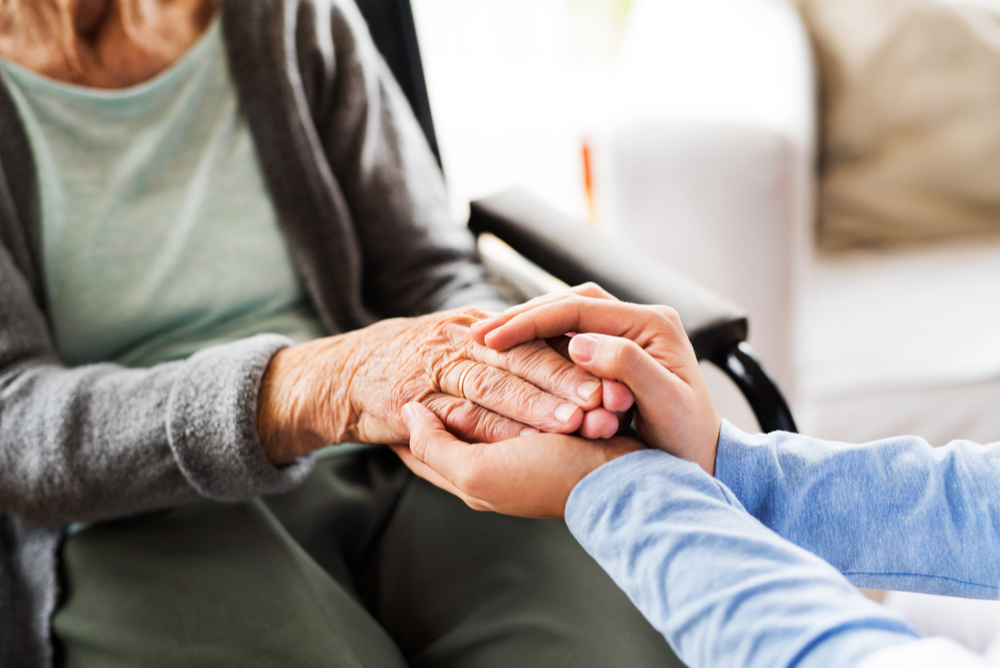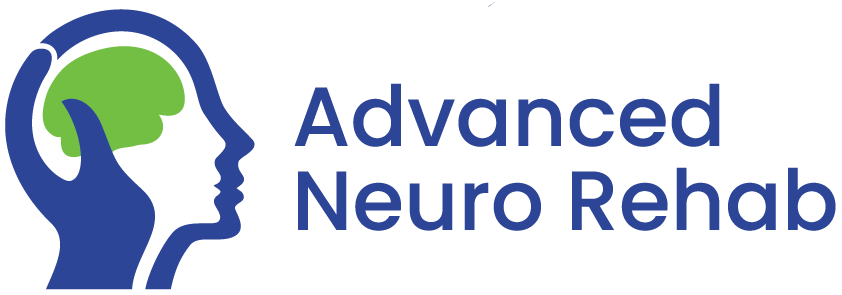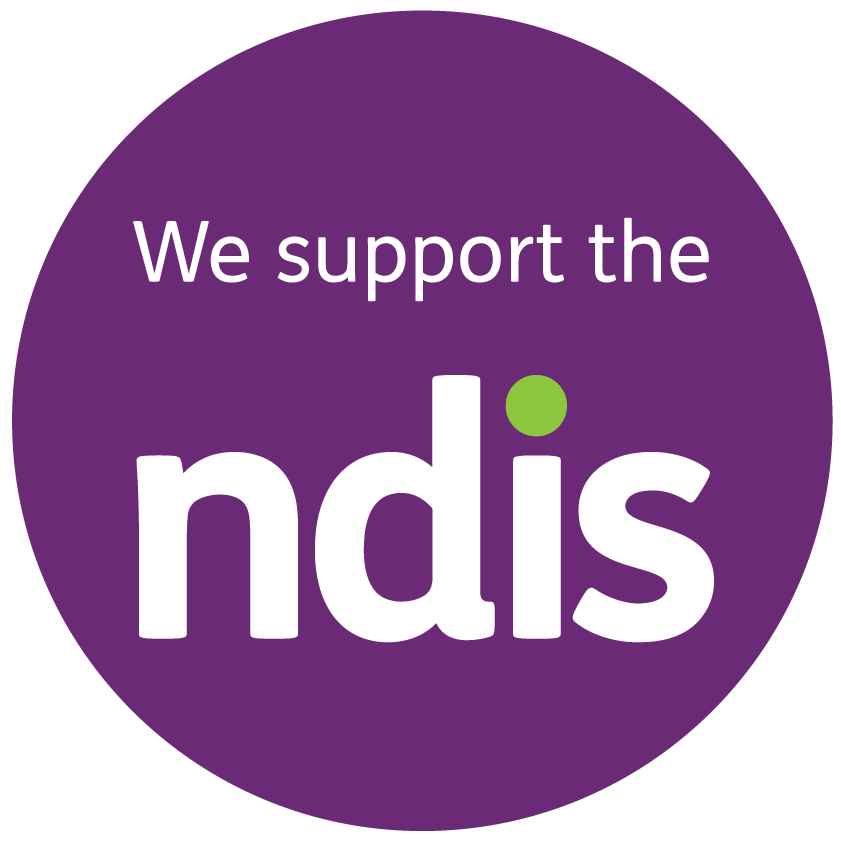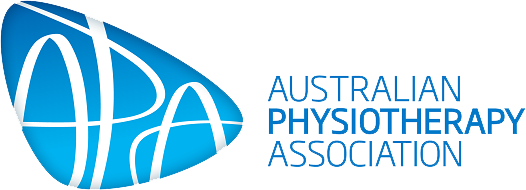
Neurological Physiotherapy
Progressive Supranuclear Palsy
Progressive supranuclear palsy (PSP) is a progressive neurodegenerative condition which results from damage to nerve cells in the brain, resulting in difficulties with movement, gait, balance, speech, swallowing, vision, mood, behaviour and thinking. The disorder’s long name indicates that the disease worsens (progressive) and causes weakness (palsy) by damaging certain parts of the brain above nerve cell clusters called nuclei (supranuclear). These nuclei particularly control eye movements. One of the common signs of the disease is an inability to aim and move the eyes properly, sometimes resulting in blurred vision.
Many symptoms of PSP are also seen in people with Parkinson’s Disease and is often misdiagnosed as Parkinson’s Disease. Both conditions cause muscle stiffness and movement difficulties, but there are some key differences. PSP causes problems with eye or eyelid movements, where this is usually normal in Parkinson’s Disease. Also, People with PSP usually stand very straight and tend to fall backwards, whereas those with Parkinson’s Disease usually appear to bend forwards. People with Parkinson’s Disease usually benefit from the drug levodopa, whereas it is not as effective in PSP.
These symptoms can have a significant impact on your function, independence and quality of life. For example, muscle stiffness can commonly lead to pain, and reduced strength and balance often result in problems with walking and a high risk of falls. Neurological Physiotherapists perform a detailed assessment of these problems, providing support, education and an individually tailored program for the patient. Hands-on manual therapy, movement based training, progressive fitness, balance and strength training can help you better manage your symptoms and help to maintain your function and prevent falls.
Many people with PSP also need specialised assistive equipment such as modified walkers and communication devices. As Neurological Physiotherapists we can help provide this equipment and also connect you with other allied health professionals such as speech therapists or occupational therapists for assessment and home modifications if needed.






